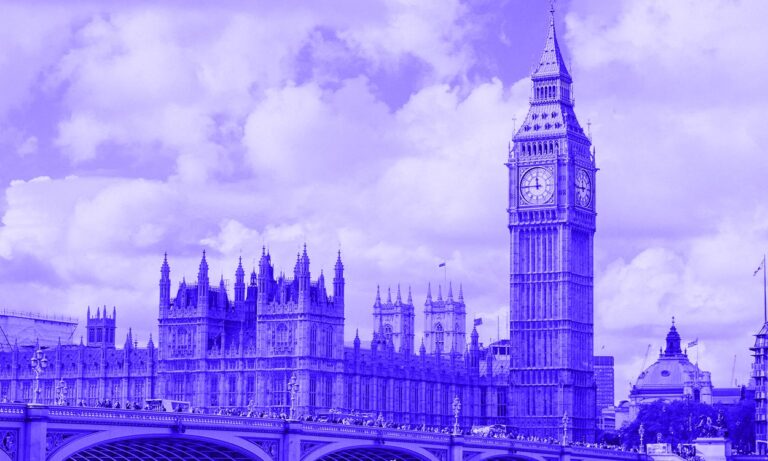Shocking N word slur found on UK government website, here’s where

An investigation conducted by The Independent has revealed that even more government documents in the UK have been found to contain racist and prejudiced language, including the use of slurs against minorities, once again prompting calls for an investigation into the governing institutions of the country.
The UK has a problem that has long plagued its governing bodies. It was already understood that the Met Police and the Department for Work and Pensions (DWP) were unfortunately home to instances of egregious racism behind the scenes, and now similar language has been found in documents from the Home Office.
The offensive language in question was present in two separate immigration tribunal decisions concerning two asylum seekers’ right to stay in the UK from 2004. One of the cases pertaining to a 17-year-old who fled Somalia to escape persecution was the subject of an appeal hearing, during which the Home Office denied him refugee status and sought his removal from the country.
The document referred to the young applicant’s ethnicity, stating that he was a member of the Tunni clan and a “N*****d.”. This document was initially published in 2004 and updated in 2013, yet the racist slur remained visible on the document, leading to concerns over why the language didn’t raise any flags, or seem out of the norm to the home office.
One Labour MP and vice-chair of the All-Party Parliamentary Group on race, Kim Johnson, wrote in a letter published by The Independent: “The recent discovery of the repeated use of the n-word in government documents and the royal collection has caused widespread outrage. Despite attempts to downplay this as nothing more than a few mistakes that have slipped through the net, it is clearly only the tip of the iceberg.”
The MP also strongly called for a comprehensive review of all government documents and expressed a deep outrage over the persistent use of racist language throughout the government. She emphasised that such racial slurs go beyond mere offensiveness, they shed light on the harmful effects of historical dehumanising government policies on Black and minority ethnic communities in the UK.
In addition, research has shown that as many as one in five Metropolitan police officers have witnessed racism within their ranks. As seen in a video published by The Independent in the aforementioned article, disturbing incidents of inappropriate behaviour have included the display of sex toys in coffee mugs and instances of individuals throwing bags of urine at cars.
The lack of swift action to address this problem indicates a need for a more comprehensive examination of government policies regarding minority communities and their treatment within the immigration system. According to the government’s own analysis of how the hostile environment policy affected equality released in February, people of Southeast Asian or Black heritage were more likely to be impacted.
Additionally, Black people are massively overrepresented in the UK’s judicial system, pointing to systemic biases that need urgent attention, as can be seen in the 2019 to 2021 Joint Committee on Human Rights report on Black people, racism, and human rights.
Political activists and campaigners have all heavily criticised the use of offensive language in official documents—something that shouldn’t even need to be criticised because it shouldn’t exist. It’s crucial these groups continue to push for change.
Cabinet Office minister Jeremy Quin’s response stating that racist, homophobic, sexist, or any other unacceptable language is not tolerated in government documents is a step in the right direction, but further actions need to be taken to demonstrate commitment to eradicating racism from official channels. Raising awareness about this issue and holding those responsible accountable is a necessary step towards building an inclusive and equitable society.
The presence of racist slurs in government documents is deeply disturbing and demands immediate action. A thorough review of all documents, alongside the implementation of clear guidelines on writing about ethnicity, is necessary to eradicate offensive language and promote equality within the government and its policies. Building a society free from racism and discrimination requires collective efforts and unwavering commitment to change.





